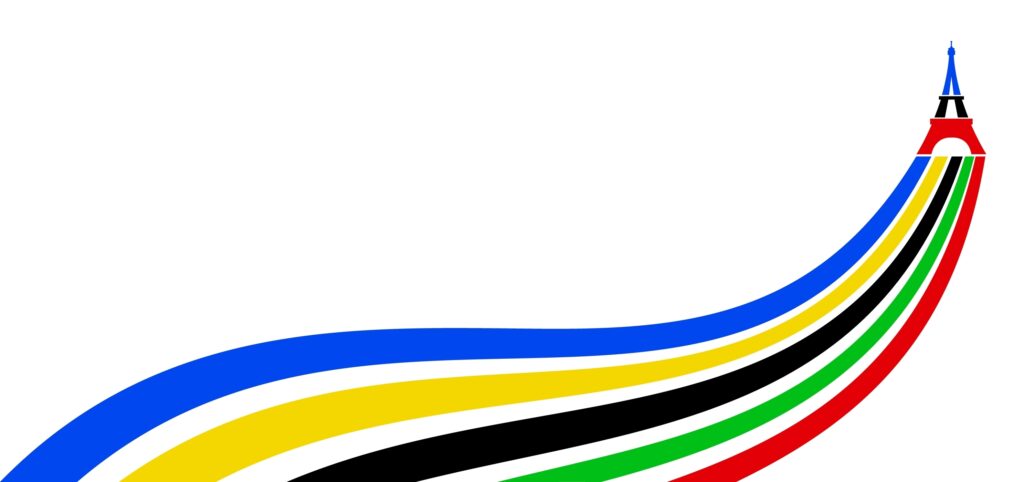Recently, colleague Tim Hengeveld visited Papendal, the Dutch top sports centre where athletes are fully preparing for the Olympics, with a client. The tour given by a tour guide was inspiring: from grooming to nutrition, everything is organised down to the last detail to deliver top performance.
The guide's story about the Paris Olympics got us thinking. Providing meals for tens of thousands of athletes is a huge challenge. That is why surrounding European countries have been asked to bring their own food for their Olympic team. Every day, several buses and planes full of food leave for the French capital. The question that immediately comes to mind here: how sustainable is this? At a time when sustainability is increasingly high on the agenda, major events like the Olympics should set a good example.
In this blog, we delve further into how the Olympics can tackle sustainable challenges, such as large-scale food supply, efficiently and with low environmental impact, without compromising nutrition for peak performance. This requires a fresh approach; Design Thinking lends itself well to this. Read along and discover how this methodology can help develop sustainable solutions and make a positive impact.
The Olympics must also be sustainable!
Amid the pomp and circumstance of the Olympics lurks a sobering reality: climate change. The organisers of the Paris Olympics are committed to hosting the greenest Games in history. And this is not without reason: the environmental impact of such a big event is huge.
The previous editions of the Games emitted 3.4 million tonnes (2012) and 3.6 million tonnes (2016) of CO2 equivalent, respectively. In comparison, 3.5 million tonnes of CO2 is equivalent to the annual emissions of about 175,000 average households in the Netherlands. To offset these emissions, you would need a whopping 159 million mature trees.
The Paris-based organisation has promised to cut emissions by more than half, to 1.6 million tonnes of CO2 equivalent. They plan to achieve this by building sustainably, using green electricity and offering eco-friendly transport options such as bicycles, public transport and eco-friendly cars to transport staff and athletes.
But there are also many challenges, for instance, the organisation has asked surrounding countries to bring its own food for its athletes. For the 275 Dutch Olympians, this means flying in frozen meals. Flying in these meals significantly and unnecessarily increases the event's indirect CO2 emissions. Especially for such a short distance, the emissions from air travel are disproportionate.
The Olympics aim to host the greenest games ever, but despite their ambitious goals and promising ideas, they fall short in implementation and transparency. There is even talk of radically restructuring the Games to drastically reduce the environmental burden. One proposal is to hold the Games not in one country but in clusters around the world, which would significantly reduce travel movements and logistical pressure.
Without radical changes, the impact of the Olympics on the environment remains high, despite its green ambitions. This calls for critical thinking and rigorous adjustments within current frameworks. Out-of-the-box thinking, such as with the methodology of Design Thinking, can help approach problems in a new way.
Design Thinking as a tool for sustainability issues
Design thinking is a human-centred approach to innovation, centred on empathy, creativity and iteration. By understanding users' needs and approaching problems from different perspectives, sustainable solutions can be developed. In the context of the Paris Olympics, we can apply Design Thinking to promote sustainability.
Normally, Design Thinking is an iterative process of investigating where the problem lies, and then finding an appropriate out-of-the-box solution. In this case, a possible solution for making the food supply for the 2028 Games more sustainable could be to deploy alternative foods such as: protein-rich insects or 3D-printed food. Given the athletes' diet, this would then have to be done in co-creation with the athletes, coaches, dieticians, and major sports bodies to match their needs accordingly. In addition, we can use reusable packaging and convert waste streams into compost or biogas. By integrating these sustainable practices into the logistics process, we can reduce the ecological footprint of the Games, but also set an example for future events.
What can we do for your organisation in terms of sustainability?
In a world where sustainability is no longer an option but a necessity, we at Improven are embracing this transition. Our services offer organisations a comprehensive palette of sustainability initiatives. From using the design thinking methodology described earlier to integrate sustainability into business processes to developing ESG strategies and complying with CSDR reporting required in 2024, we are your partner in this transition.
Has this blog piqued your interest? Then we would love to get in touch with you to see how we can support your organisation towards a more sustainable future!
Want to know more about this topic? Contact authors Caya, Chantal or Tim

Tim Hengeveld
tim.hengeveld@improven.nl

Caya Kors
caya.kors@improven.nl

Chantal van Zeeland
chantal.van.zeeland@improven.nl





















